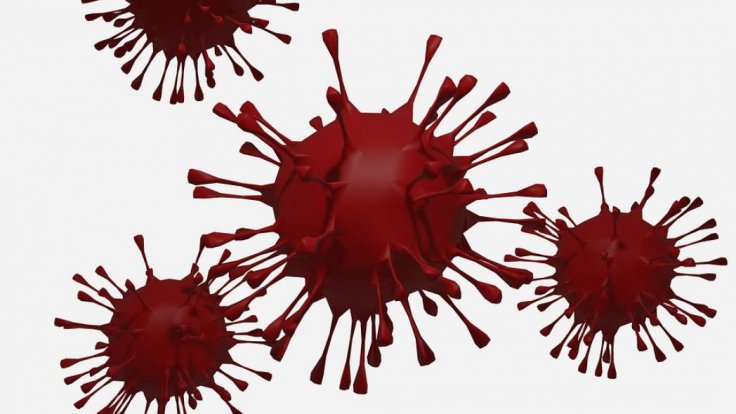People who suffer from certain medical conditions are most vulnerable to COVID-19 complications, including death. It has been observed that older people are at higher risk of dying than younger patients. The list of ailments that could increase risks of losing a life after being infected by COVID-19 are - cancer, heart disease, diabetes, and obesity.
These comorbidities can develop later in life and the immune response in older people might not be as effective as in young patients. Moreover, there are plenty of exceptions to the rule. According to reports, many young people diagnosed with COVID-19 have died, including even those who had no serious chronic diseases.
That's the reason scientists or doctors aren't able to guarantee if younger, healthy adults and children will recover from a COVID infection. It has also been observed that many people, who have recovered from Coronavirus have later died due to post-COVID complications. According to reports, new studies have shown key that might impact future COVID-19 treatments.
Recent studies revealed the coronavirus blocks the production of interferon locally when it attacks the first cells, potentially delaying the reaction of the human immune system to the new pathogen. Other studies suggested interferon-based therapies for the treatment of COVID-19 as a result. However, reports suggest that there may be another reason that impacts interferon production which has no connection with the presence of the COVID-19 virus in the system.

Scientists who have decoded the symptoms, mechanisms and diagnosis of the disease caused by the SARS-Cov-2 coronavirus has revealed that COVID-19 mostly kills due to an overreaction of the immune system.
A study published in the journal Frontiers in Public Health, researchers have explained how Coronavirus infects the airways, multiplies inside cells, and in severe cases causes the immune defences to overshoot with a 'cytokine storm'. This is a severe immune reaction in which the body releases inflammation-stimulating molecules into the blood too quickly.









